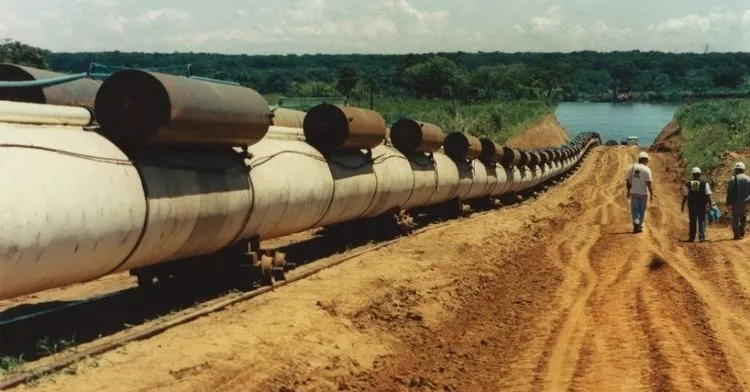Brazil plans to deepen its energy ties with Argentina, aiming to import three million cubic meters of natural gas daily from Vaca Muerta.
Located in southern Argentina, Vaca Muerta is the world’s second-largest reserve of unconventional oil and gas, making it a key regional energy player.
During “Gas Week 2024,” Brazilian Minister of Mines and Energy, Alexandre Silveira, indicated that negotiations to access this vital resource are advancing.
Silveira also engaged with regional logistics, discussing potential transport routes with the President of Paraguay.
The proposed transport options include using the existing Bolivia-Brazil gas pipeline (Gasbol).
Alternatively, new infrastructure through Paraguay could route gas directly to Brazil’s Mato Grosso do Sul.

Paraguay has suggested exploring, with potential private sector involvement, an alternative route that could bypass Bolivia.
This effort is part of a broader dialogue aimed at mutual benefits between Brazil and Argentina.
The foreign ministers of both countries have recently engaged in discussions to further this energy cooperation.
In addressing environmental concerns related to shale gas extraction, Silveira emphasized the project’s alignment with global energy transition goals.
He pointed out that natural gas from Vaca Muerta could significantly aid in decarbonizing various industries.
This would not only boost regional energy security but also align with global environmental strategies.
This partnership not only showcases the growing ties between Brazil and Argentina but also emphasizes Paraguay’s critical role in regional energy distribution.
It underlines Paraguay’s strategic importance in enhancing energy connectivity across the area.
As these countries navigate their energy and environmental challenges, their partnership could exemplify regional cooperation and sustainable development.

